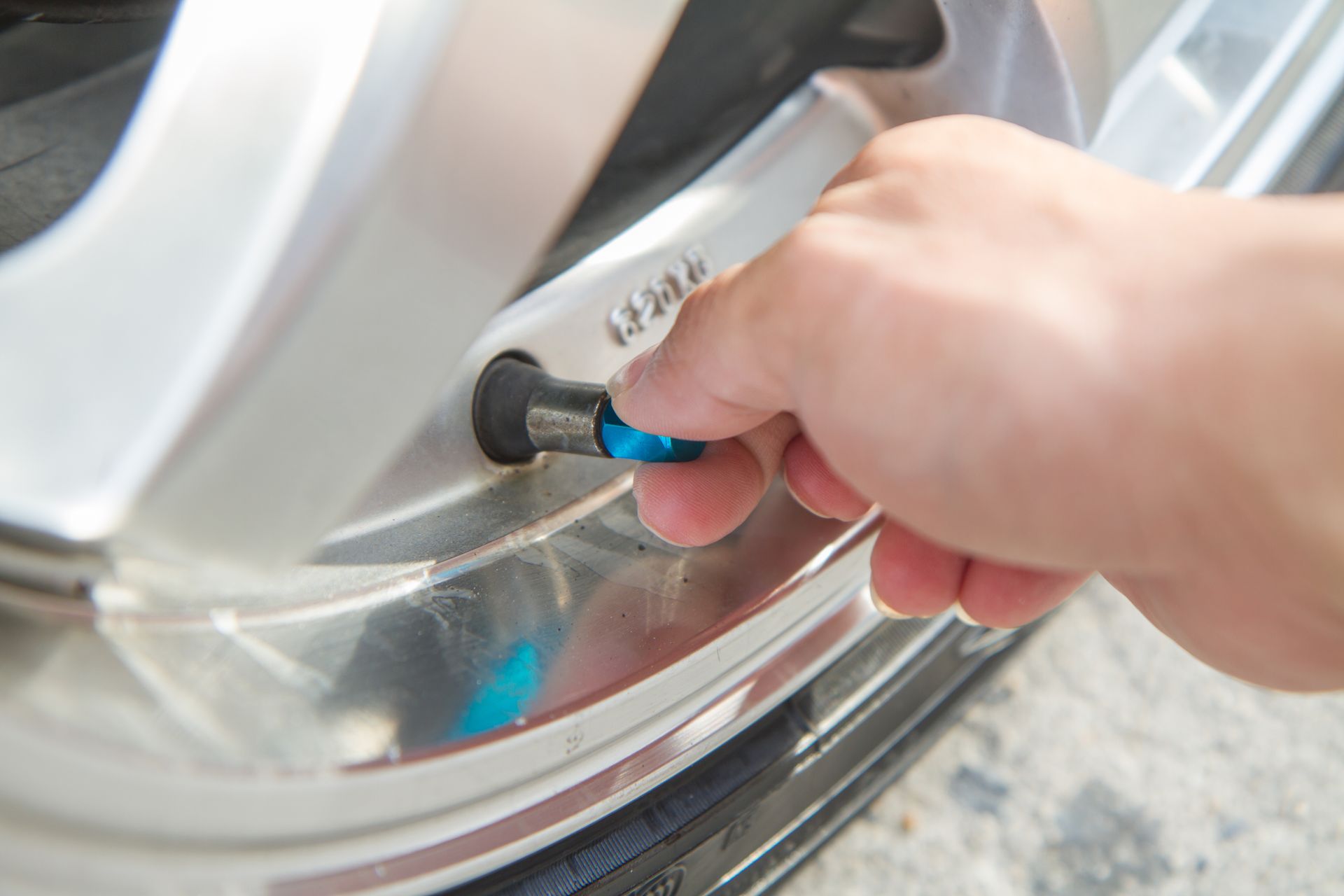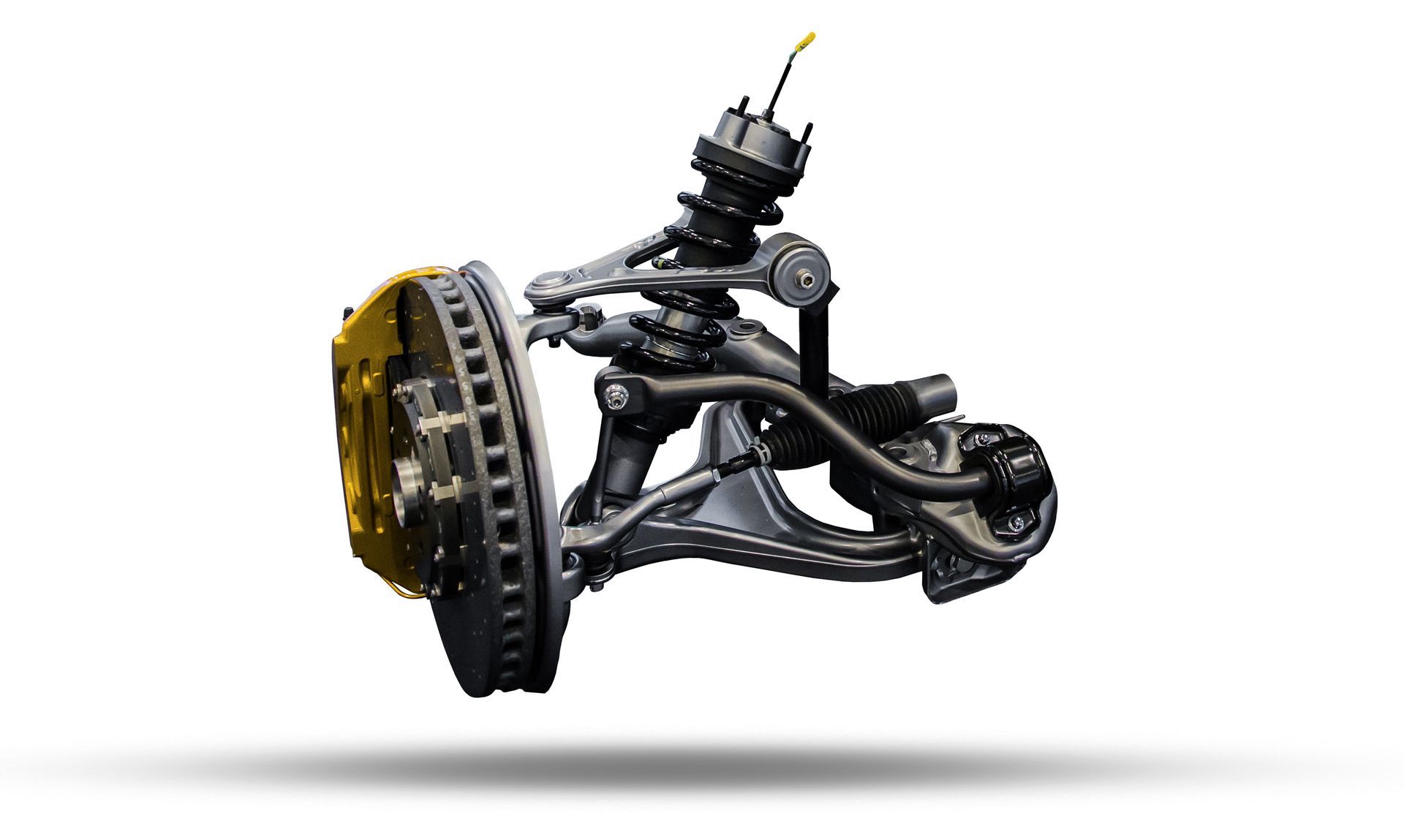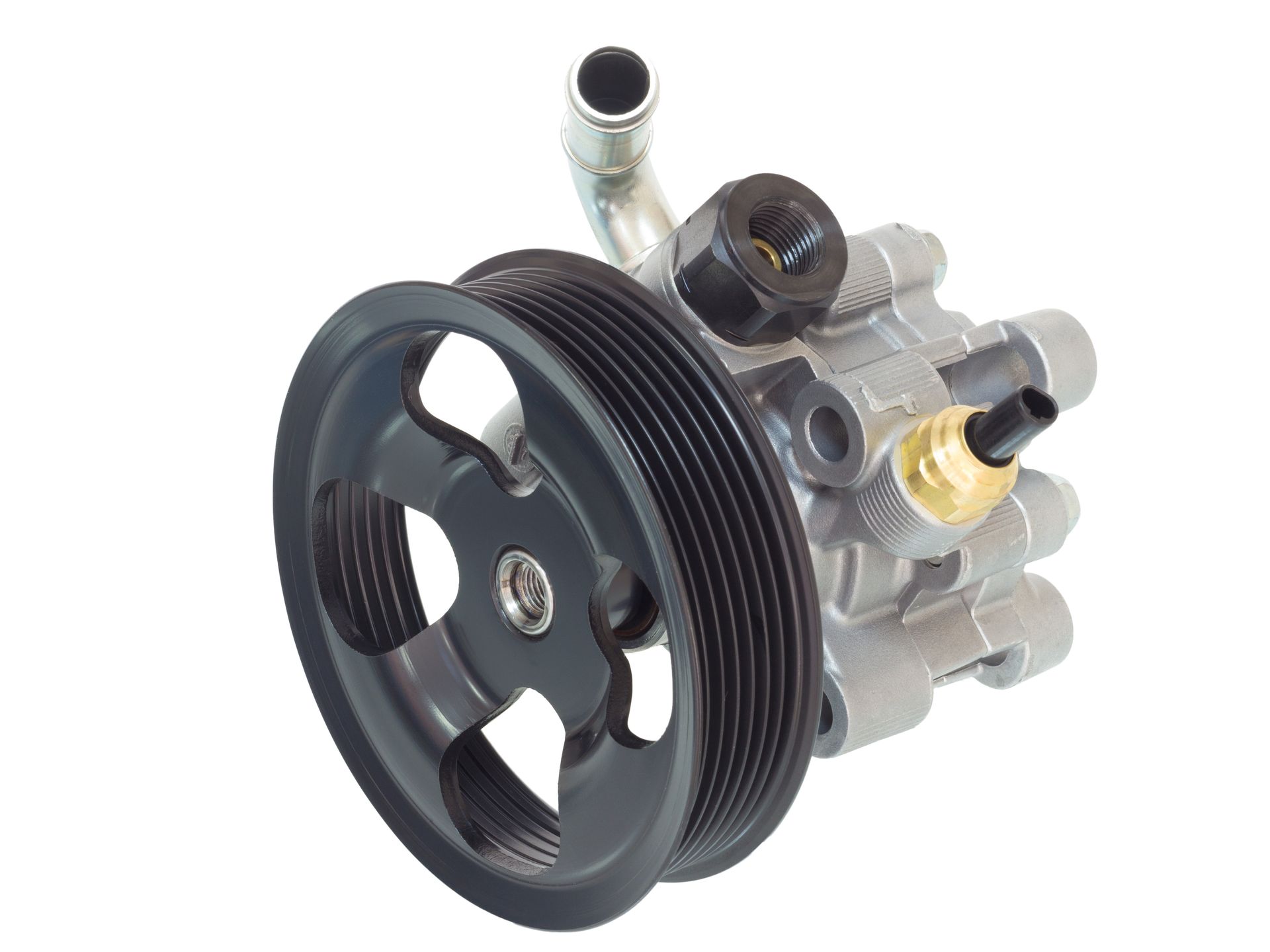Pickups are built to haul, but there’s a limit to how much weight even the toughest truck can handle safely. Whether you’re moving building materials, towing a trailer, or loading up for a weekend trip, exceeding your truck’s weight capacity can create serious problems. It’s not just a strain on the suspension, but it can compromise your brakes, steering, and overall handling.
Too much weight in the bed or attached to the hitch doesn’t always cause immediate damage, but it can make your vehicle unsafe in ways you might not realize until it’s too late. Knowing your truck’s payload and towing limits and sticking to them is key to keeping your truck and everyone on the road around you safe.
How Overloading Affects Braking and Handling
One of the first things to suffer when your pickup is overloaded is your ability to stop. Extra weight makes your brakes work harder and increases your stopping distance. That might not seem critical at lower speeds, but in an emergency stop or on a downhill grade, those extra few feet can be the difference between stopping on time and hitting something.
Handling also becomes more unpredictable. The rear of the truck may squat, causing the front end to lift slightly and reducing traction on the front tires. This affects your ability to steer accurately, especially in sudden turns or lane changes. If you’re towing, an overloaded trailer can cause sway, which is difficult to correct once it starts.
Damage Builds Up Behind the Scenes
Overloading doesn’t always lead to an immediate failure. The real danger is what it does to your vehicle over time. Suspension components like leaf springs, shocks, and bushings wear out faster under constant stress. The transmission and engine are also forced to work harder, which can cause overheating and internal wear, especially if you’re climbing hills or hauling in hot weather.
Tires are another weak point. Exceeding your payload rating puts more pressure on them than they were designed to handle, increasing the risk of blowouts. Even if they don’t fail immediately, they’ll wear unevenly and more quickly, which can throw off alignment and make your ride rougher than it needs to be.
Warning Signs You’re Carrying Too Much
If your truck feels sluggish, takes longer to stop, or sways excessively during turns, you may be carrying more than it was built for. A sagging rear end, squeaking suspension, or unusual vibrations are also clues that your pickup is overloaded or towing more than it should be.
Another sign is reduced fuel efficiency. While that’s expected with a heavy load, a sudden drop in mileage could indicate that the engine and transmission are being pushed harder than normal. If your truck feels like it’s working overtime on even modest inclines, it’s time to check the load.
Know Your Payload and Towing Limits
Every truck has two important limits to keep in mind: payload capacity and towing capacity. Payload is the weight of everything in the cab and bed, including passengers, tools, and cargo. Towing capacity is the maximum weight the truck can safely pull, including the trailer and everything on it.
You can find these numbers in your owner’s manual or on the sticker inside the driver’s door. Keep in mind that added accessories like toolboxes, racks, or aftermarket equipment all count toward your payload. The combined weight adds up quickly, and it’s easy to exceed the limit without realizing it.
SWT Total Car Care – Truck Maintenance You Can Count On in Sioux Falls, SD
If your pickup isn’t handling like it used to or you’ve been putting it to work with heavy loads, let the team at SWT Total Car Care give it a thorough inspection. With two convenient locations in Sioux Falls, we’re here to keep your truck strong, safe, and reliable—no matter what you’re hauling.
Stop by or schedule your service today.










